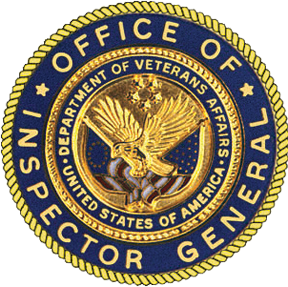The Marion VA Health Care System Director ensures a review is conducted of the care provided to the patient by the primary care provider and the neurologist, consults with Human Resources and General Counsel Offices, and takes action as warranted.
The Marion VA Health Care System Director ensures primary care nursing staff’s adherence to facility fall prevention policy and monitors compliance.
The Marion VA Health Care System Director evaluates the facility fall prevention policy to consider expectations for mental health staff’s role in responding to patient reports of falls at home.
The Marion VA Health Care System Director reviews processes to ensure primary care and specialty care staff are appropriately educated and trained on making referrals to and the services available through the facility’s Traumatic Brain Injury Polytrauma Clinic.
The Marion VA Health Care System Director ensures compliance with the primary care program facility policy concerning specialty consultation staff’s communication with a patient’s primary care provider regarding patient concerns.
The Marion VA Health Care System Director ensures compliance with the facility patient problem list standard operating procedure.
The Marion VA Health Care System Director strengthens processes to ensure compliance with Veterans Health Administration timeliness standards for obtaining and scanning community care records.
The Marion VA Health Care System Director reviews facility care coordination practices between primary care providers and community care providers, identifies barriers to sharing patient treatment information to inform clinical decision-making, and takes action as warranted.
The Marion VA Health Care System Director ensures community care staff adhere to requirements regarding completion of community care-care coordination plan notes and monitors compliance.
The Marion VA Health Care System Director conducts a review of the facility primary care scheduling processes to ensure compliance with Veterans Health Administration and facility policy on care coordination within Patient Aligned Care Teams.
The Marion VA Health Care System Director ensures suicide prevention staff document high-risk flag inactivation within patients’ electronic health records and notify patients when a high-risk flag is activated or inactivated as required by the Veterans Health Administration, and monitors compliance.
The Marion VA Health Care System Director ensures mental health staff adhere to Veterans Health Administration requirements on safety planning during high risk for suicide patient record flag patient contacts.
The Marion VA Health Care System Director evaluates the care provided to the patient, determines if an institutional disclosure is warranted, and takes action as indicated.
